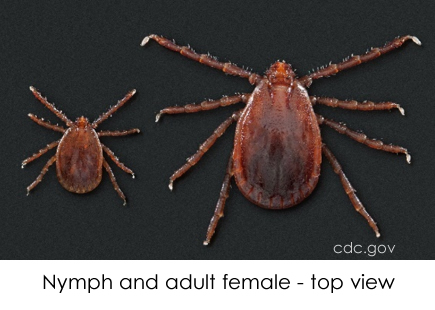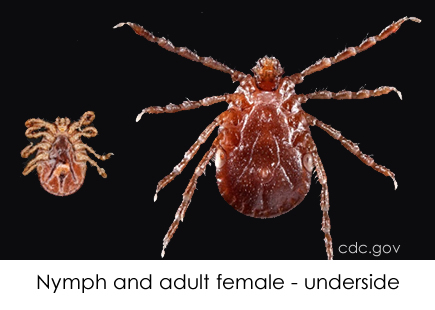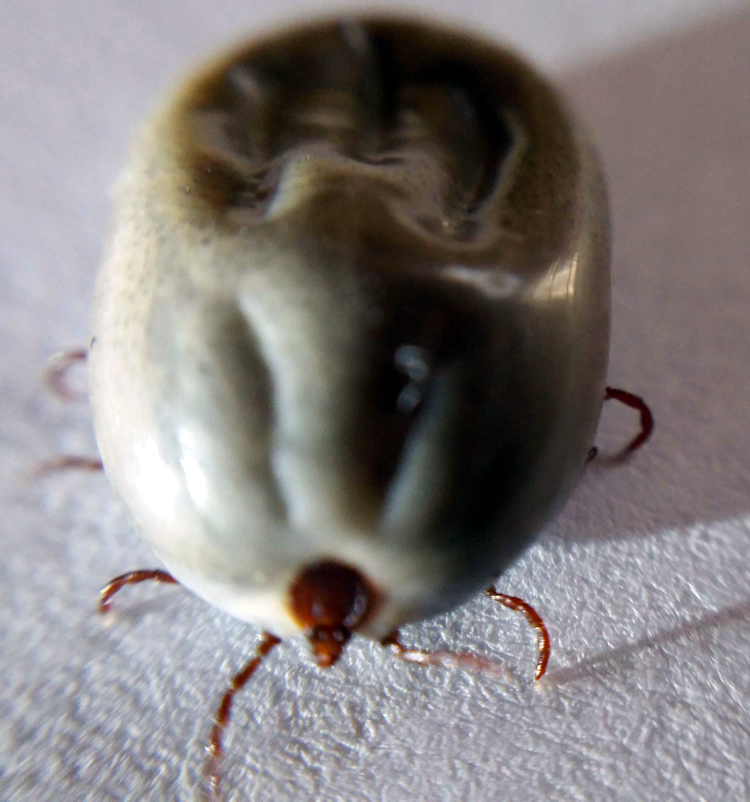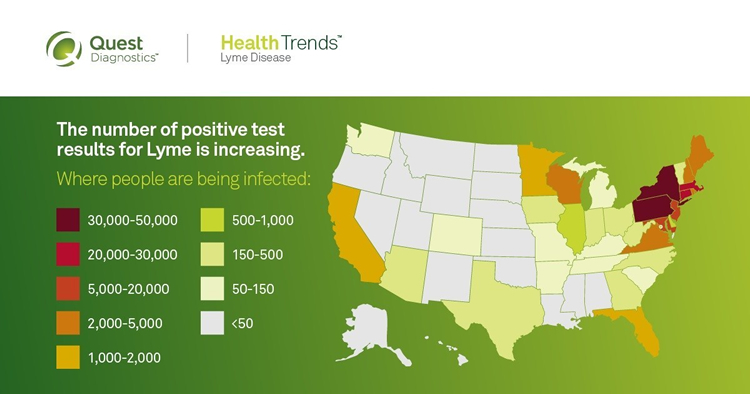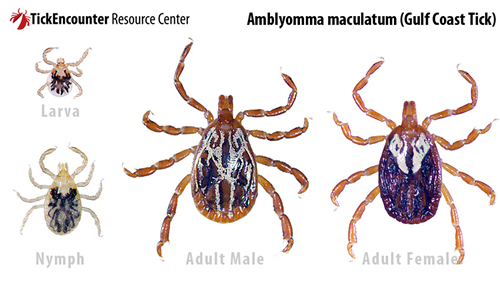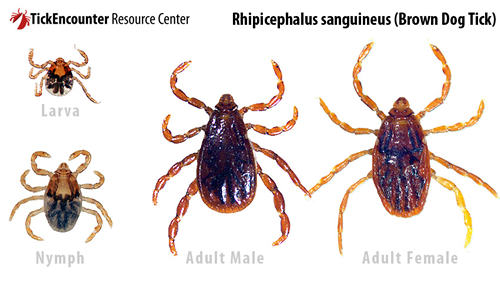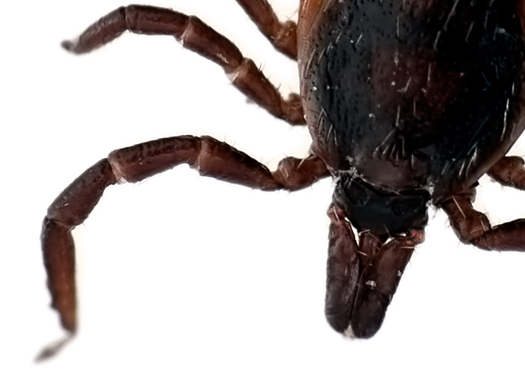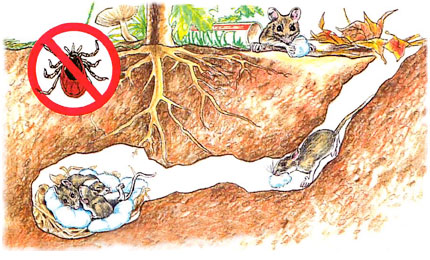Deer hunting is underway in Massachusetts. Some Northeastern states are getting a glimpse of the real threat of disease-carrying ticks. But that’s not all.
Whether you are a fan of deer hunting or not, tagging stations are offering insight into the spread of ticks across the Northeastern United States. Right now in York County, Maine, researchers are spread out between deer tagging stations. Their goal is to collect and identify ticks from deer carcasses and to also obtain blood samples to test for mosquito-borne illnesses, like EEE.

Tick populations have reached record numbers.
Hunters in the Northeast report that they are seeing more ticks on their trips into the wooded wilderness than ever before. Some avid small game hunters are even skipping those seasons due to the increase in tick encounters. In years past, you might find a tick or two during your hunt. Today, it is reported that your hunting trip will undoubtedly bring you in direct contact with ticks – plural. It’s not if but when.
Like Massachusetts, York County, Maine, is a hotbed for Lyme-carrying ticks these days. Deer ticks were first found in Maine in 1980. But unlike some Massachusetts locales, they have not yet reported lone star ticks, which carry a variety of tick-borne illnesses other than Lyme disease. However, experts believe it’s only a matter of time before these ticks arrive on the scene. It is more important than ever that hunters, hikers, and campers protect themselves. The best personal protection methods include wearing treated clothing to repel ticks.
Warmer winters mean more ticks, new ticks, and even new mosquito diseases.
The researchers at Maine deer tagging stations are out to identify mosquito-borne illnesses too. Blood samples are being taken from deer in hopes of identifying the prevalence of mosquito diseases, such as Eastern Equine Encephalitis and West Nile virus. The state’s only reported case of EEE this year was in York County. Massachusetts has had no reports of Eastern Equine Encephalitis so far in 2021. There were a few cases of West Nile virus in Massachusetts this year, but because of drought-like conditions from last fall through spring, even those cases began reporting later into the year than normal. Effective mosquito control must be given credit for the decrease in potentially deadly cases of Eastern Equine Encephalitis.
Tick control is a year-round concern.
 Due to warmer winters in Massachusetts, ticks can and do quest even during the winter months. It is possible to be bitten by a tick in the fall and winter, and we should be concerned with ample protection during those months. Fortunately, reputable tick control professionals offer ‘out-of-season‘ methods of tick protection by way of tick tubes.
Due to warmer winters in Massachusetts, ticks can and do quest even during the winter months. It is possible to be bitten by a tick in the fall and winter, and we should be concerned with ample protection during those months. Fortunately, reputable tick control professionals offer ‘out-of-season‘ methods of tick protection by way of tick tubes.

You can take personal protection measures while hunting or hiking this time of year, and leave the at-home protection to the pros!
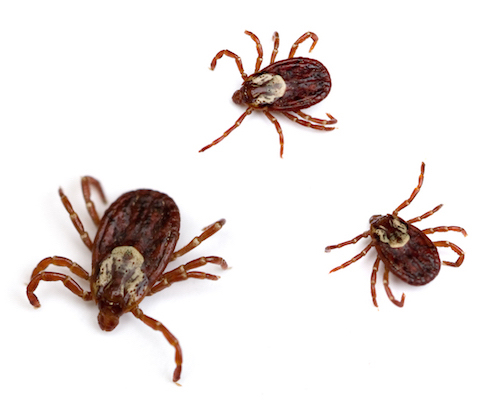

 Lyme Disease and
Lyme Disease and  Not a problem. Reputable tick control companies also offer an all-natural barrier treatment. Professional tick control products are EPA registered, but I understand there are some people who want to be as eco-friendly as possible. Tick control experts have developed
Not a problem. Reputable tick control companies also offer an all-natural barrier treatment. Professional tick control products are EPA registered, but I understand there are some people who want to be as eco-friendly as possible. Tick control experts have developed 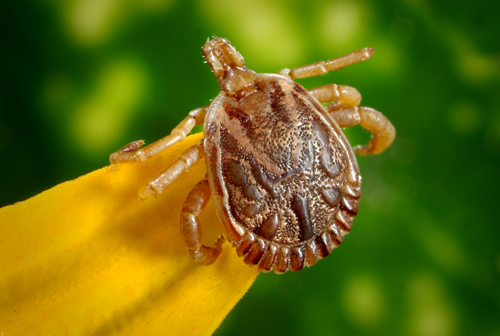
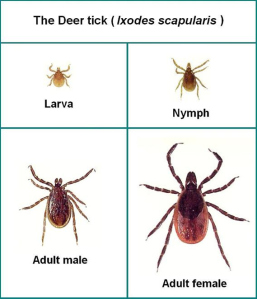 What do ticks look like?
What do ticks look like? How big are
How big are 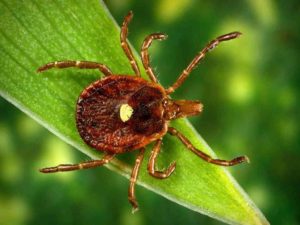 Ticks do not have wings. They do not fly or jump. Ticks quest by attaching themselves to plants or limbs. They hold on to leaves and grass with two sets of their legs, and outstretch their other legs awaiting a host to pass. If you are wondering how ticks cover so much territory, it is because they are transported by their hosts – animals and humans. The sheer number of ticks in Central Mass might make it seem like they are fast travelers. This is untrue without a host. Ticks are just – everywhere!
Ticks do not have wings. They do not fly or jump. Ticks quest by attaching themselves to plants or limbs. They hold on to leaves and grass with two sets of their legs, and outstretch their other legs awaiting a host to pass. If you are wondering how ticks cover so much territory, it is because they are transported by their hosts – animals and humans. The sheer number of ticks in Central Mass might make it seem like they are fast travelers. This is untrue without a host. Ticks are just – everywhere! No, they do not! Even in cold Central Mass winter temperatures, ticks are resourceful and will survive in nests of other animals or even underground. Ticks will lie dormant in winter, waiting for warm weather to return, so they can invade our favorite outdoor spaces.
No, they do not! Even in cold Central Mass winter temperatures, ticks are resourceful and will survive in nests of other animals or even underground. Ticks will lie dormant in winter, waiting for warm weather to return, so they can invade our favorite outdoor spaces. Can a tick bite kill you?
Can a tick bite kill you?
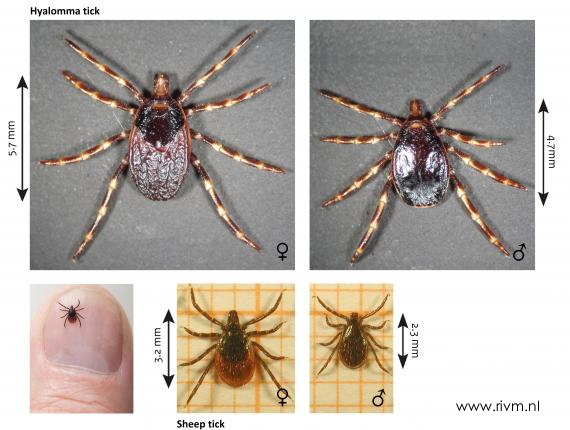
 What’s so scary about the
What’s so scary about the 